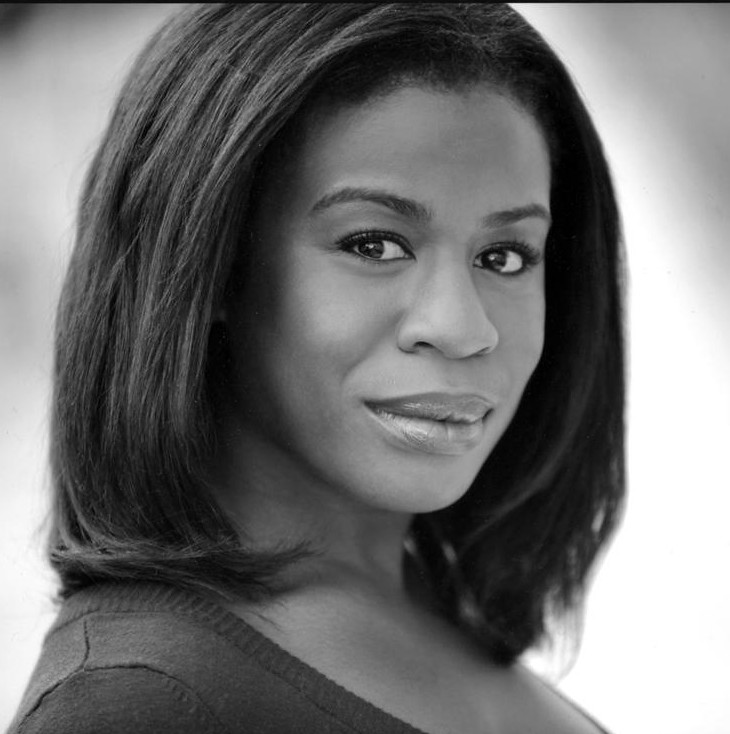Happy New Year to all! Once again, I want to thank Rabbi Gerber for lending me this platform for sharing some words of Torah while he is on vacation.
Many of us have multiple names that we use - in addition to our given names, we may use a nickname or a title. Some of us may have changed our last names when we got married, or when we were adopted. Some of us may have changed our first names after an important life event or transition. Many of us have Hebrew or Yiddish names that we only use at sacred moments. Some are given and some are chosen. Each of these names communicates something different about who we are, where we have been, and how we relate to the people around us.
There is so much to say about this Name, but I want to focus on the fact that this is one of the few Divine Names that is not simply an adaptation of other Ancient Near Eastern deity names (such as El, Elohim, or Shaddai). It is not a title or descriptor (such as Adonai or Tzur Yisrael). It seems to be God’s own Name for God’s Self. When God shares this Name with Moses, there is a sense of self-revelation, of intimacy, of - dare I even say it - vulnerability. Moses, who is about to make himself vulnerable to Pharaoh, is given the gift of learning that the greatest source of power can sometimes be frank, vulnerable authenticity.
 In our current time and place, there is a lot of discussion about names. “Orange is the New Black” star Uzoamaka Aduba has spoken publicly about her refusal to adopt a stage name that is easier for people to pronounce. She has recalled how her Nigerian mother used to tell her "If they can learn to say Tchaikovsky and Michelangelo and Dostoyevsky, they can learn to say Uzoamaka”. In insisting on using her Igbo name, Aduba insists on her power...and she also accepts the vulnerability that goes along with using an African name in America. Likewise, those who use pronouns that reflect a gender that is different from the one assigned to them at birth (or pronouns that are new to the English language) are insisting on being named according to their true, vulnerable, powerful selves. They are offering us a gift of trust and intimacy even as they are asserting their right to be authentically known.
In our current time and place, there is a lot of discussion about names. “Orange is the New Black” star Uzoamaka Aduba has spoken publicly about her refusal to adopt a stage name that is easier for people to pronounce. She has recalled how her Nigerian mother used to tell her "If they can learn to say Tchaikovsky and Michelangelo and Dostoyevsky, they can learn to say Uzoamaka”. In insisting on using her Igbo name, Aduba insists on her power...and she also accepts the vulnerability that goes along with using an African name in America. Likewise, those who use pronouns that reflect a gender that is different from the one assigned to them at birth (or pronouns that are new to the English language) are insisting on being named according to their true, vulnerable, powerful selves. They are offering us a gift of trust and intimacy even as they are asserting their right to be authentically known. In light of these current conversations and controversies, I find it striking that YHVH - the intimate Name that God shares with Moses - is both unfamiliar and unpronounceable. It does not roll easily off the tongue, and it requires an expansion of our thinking. Integrating the most intimate Name of God into our language requires effort, just like learning new pronouns and pronunciations. But in that effort, there is power to liberate ourselves and others.
- Rabbi Kelilah Miller
1. https://encrypted-tbn0.gstatic.com/images?q=tbn:ANd9GcTjmRSItazVhb2I_G5JASBFVwlmz9LKkfUqJITb0E-TB6p9B4t3EA
2. https://encrypted-tbn0.gstatic.com/images?q=tbn:ANd9GcR7dzGS27xj2SmbOq43QaOOHPbDuSsX0f9vBkubruKhpubELUMbew
3. https://c1.staticflickr.com/8/7193/6950635556_c0602ac1aa_b.jpg
No comments:
Post a Comment